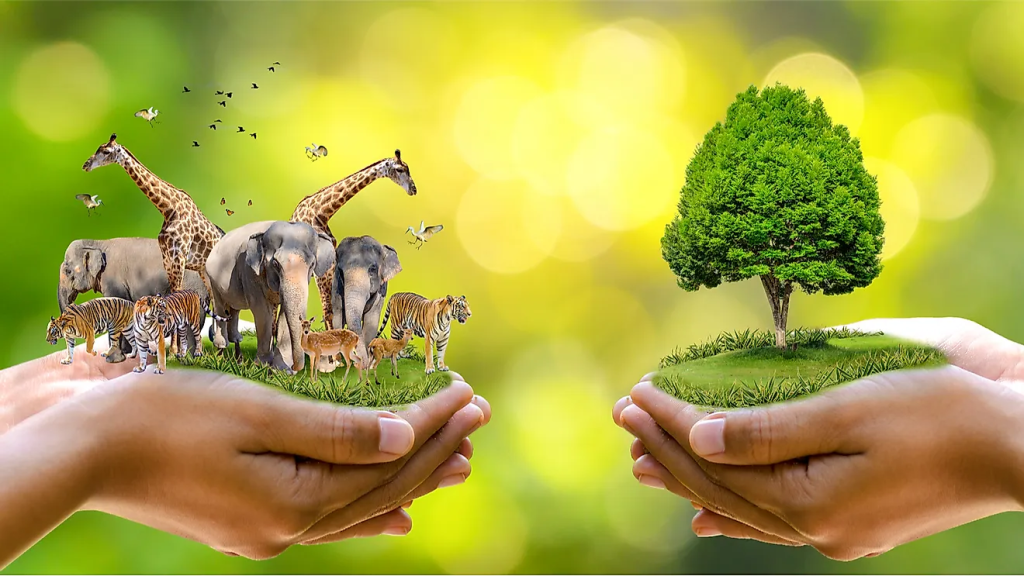
The conservation of endangered species is crucial for maintaining global biodiversity and ensuring the survival of our planet’s ecosystems. With increasing human activities such as deforestation, pollution, and climate change, many species are now at risk of extinction. Conservation efforts, including habitat protection, anti-poaching laws, and breeding programs, play a vital role in reversing this trend.
One of the key benefits of conservation is preserving the balance of ecosystems. Each species, no matter how small, plays a unique role in its environment. When a species becomes extinct, it can lead to a domino effect, disrupting food chains and leading to further losses of biodiversity.
Moreover, conservation efforts help protect natural resources that are essential for human survival. Forests, for example, provide clean air, water, and raw materials, while also serving as habitats for countless species. By conserving these areas, we ensure that these resources remain available for future generations.
Public awareness and education are also critical in conservation efforts. By understanding the importance of protecting endangered species, people are more likely to support initiatives that safeguard wildlife. Simple actions, such as reducing waste, supporting sustainable products, and participating in conservation programs, can make a significant impact.
In conclusion, conservation is not just about saving animals; it’s about preserving the natural world that we all depend on. Protecting endangered species ensures the health of our planet and the well-being of future generations.